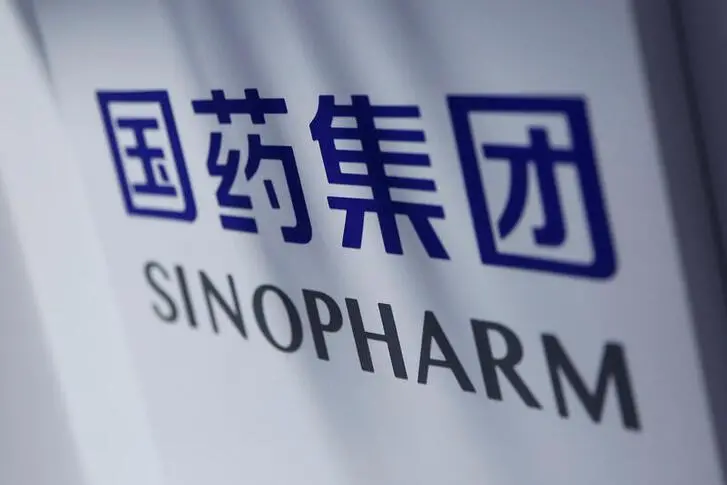PHOTO
(The author is a Reuters Breakingviews columnist. The opinions expressed are her own.)
HONG KONG - Injecting more Chinese herbal supplements will invigorate Sinopharm. The pharmaceutical giant is leading a consortium to take private Hong Kong-listed China Traditional Chinese Medicine in a $3.3 billion deal, Reuters reported on Wednesday. The market's growth, high margins and support from Beijing justify the premium.
The country's top drug distributor is teaming up with other major shareholders, including Ping An Life Insurance and the target's executive director. The trio, which already hold a combined 50% stake, will offer at least HK$5.10 per share, Reuters says, a 27% premium to the undisturbed price. The deal values the enterprise at over 7 times forecast 2021 EBITDA.
Buying the rest could give the $7 billion state-owned company a booster shot. Changes to drug procurement and pricing policies have squeezed margins at wholesalers and retailers like Sinopharm. New entrants, including online pharmacy JD Health, have intensified competition. Increasing the contribution from a more profitable business to the bottom line is smart. In the six months to June, China TCM boasted a net profit margin of 17%, trouncing Sinopharm's 2.4% in the period.
Moreover, the market for traditional Chinese medicine looks appealing. The thousands-of-years-old industry is controversial; many products have not been subjected to rigorous testing, and it has scientifically unsound passion for endangered animal parts. But sales across the People's Republic are forecast to reach $31 billion by 2024, from $16 billion in 2017, according to Daxue Consulting.
President Xi Jinping once referred to traditional Chinese medicine as a treasure of Chinese civilisation, but the government has gone further than rhetorical support. Unlike herbal remedies and supplements elsewhere, such treatments in China are included alongside Western medicines in the national insurance plan. They also were touted during Covid-19, while a draft law in Beijing last year proposed to criminalise criticism of the practice.
For Sinopharm, relisting the company may produce longer-term benefits. Valuations on the mainland can be much richer than in Hong Kong. Take the Shanghai-listed $29 billion Zhangzhou Pientzehuang Pharmaceutical. It’s known for a treatment, which the company says was formulated 500 years ago, concocted from secretions from deer belly buttons and snake gall. The enterprise trades at over 60 times projected EBITDA for this year. That would be even better for the buyer’s health.
CONTEXT NEWS
- China's Sinopharm is leading a consortium to take private Hong Kong-listed China Traditional Medicine Holdings in a deal that would value the firm at $3.3 billion at least, Reuters reported on Jan. 27, citing people familiar with the matter.
- Sinopharm, which already owns a 32% stake in China TCM, is teaming up with the next two biggest stockholders. The consortium will offer at least HK$5.10 per share, a 27% premium to the undisturbed price on Jan. 26.
- Following the news, shares of Sinopharm closed up 5.2% to HK$19.88 on Jan. 27. Shares of China TCM closed up 6.7% to HK$4.30.
(The author is a Reuters Breakingviews columnist. The opinions expressed are her own.)
(Editing by Pete Sweeney and Sharon Lam) ((robyn.mak@thomsonreuters.com; Reuters Messaging: robyn.mak.thomsonreuters.com@reuters.net))





















